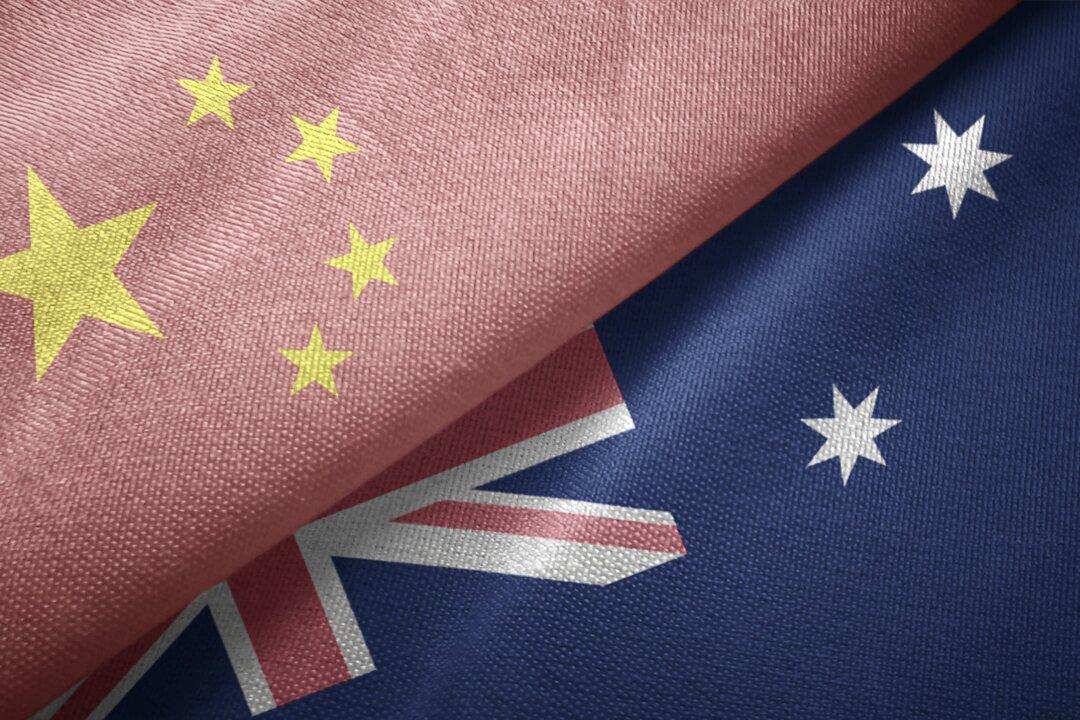Australian students are allegedly being “indoctrinated with Chinese Communist Party’s propaganda” in taxpayer-funded community language schools, a Chinese language school principal has warned.
Dr. Bin Lin founded his community language school, the Academy of Chinese Culture, 12 years ago and has been its principal ever since.




